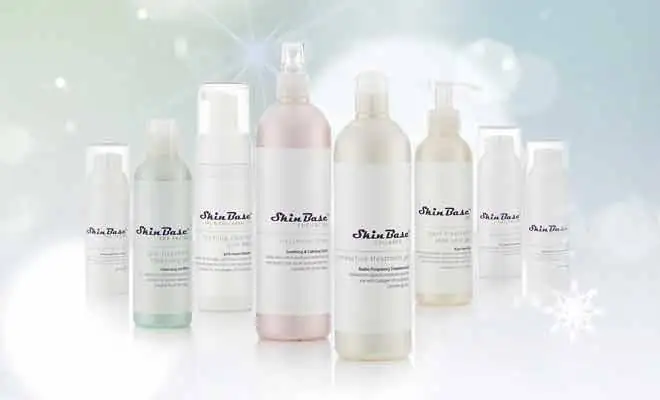Chemical Peels and Microdermabrasion are both effective treatments for skin concerns. So, should you have a chemical peel or microdermabrasion for acne scars? Let’s find out!
Chemical Peel
Chemical peels are exfoliation treatments that improve the appearance and feel of the skin, to treat acne scarring. The chemical solutions are applied to the face, hands and neck, and break down the outer layer of dead skin (stratum corneum) of the treatment area. The chemical peel process takes some time to achieve the full exfoliation. Post-treatment, the skin begins to ‘peel’, as the treatment name suggests. The chemical process increases skin cell turnover, to reveal the fresher, new skin beneath.
TCA Chemical peel
Atrophic scars, such as icepick or boxcar scars, are most effectively treated using trichloroacetic acid. This acid penetrates into the middle layers of skin, working to a medium/deep depth, helping to remove dead skin and damaged skin cells. With the ability to provide long lasting results, those who are comfortable with a moderate downtime would be best suited.
Considerations
The idea of using “chemicals” on the skin can be daunting, however, don’t let the word chemical put you off. Peels are an incredibly effective way to treat scarring. Treatments categories are three strengths: light, moderate and deep. Typically when treating acne scarring, your skincare therapist will begin with the most superficial acid solution, working only on the top layer of skin. As the treatment progresses, moderate acids, and eventually deeper peels will be used. It is important to consider your skin tone when choosing a chemical peel to treat acne scarring. If your skin is classified as skin types 4-6 on the Fitzpatrick scale, you are at greater risk of skin discolouration from acids used during medium to deep peels. Therefore, a light peel will provide the best results for darker skin tones. Chemical peels are beneficial for those of all ages.
Microdermabrasion
Microdermabrasion, as previously discussed, is also an effective exfoliation treatment – perfect for combatting acne scarring. As with superficial peels, microdermabrasion works on the surface of the skin, using exfoliating crystals. The stream of crystals buff away impurities, dirt, and dead skin cells. The debris is then suctioned away to reveal the newer skin beneath. During the treatment, the combination of exfoliation and suction stimulates collagen production. The collagen boost repairs the texture of skin, and the cell renewal process addresses discolouration. Therefore, a course of Microdermabrasion treatment plumps and evens the skin to treat acne scarring.
Considerations
The microdermabrasion process does not take time for the exfoliation to begin, as with a chemical peel. The treatment sessions are quick and straightforward, leaving the skin visibly brighter post-treatment. No downtime is necessary. You can resume daily life immediately following a treatment. If you want an acne scarring treatment that is the least invasive, microdermabrasion is a great choice.
Microdermabrasion or Chemical Peel for Acne Scars?
You can tailor Chemical Peels or Microdermabrasion treatments to suit your skin and effectively treat acne scarring. There may be times when one treatment is more appropriate than the other, depending on the client. As with acne-prone skin, a beneficial way to approach treating acne scarring is to use both treatments in combination with each other. Having a chemical peel, and following up with a microdermabrasion treatment once the skin has healed is a very effective treatment plan. The peel will initiate cell renewal and exfoliation, providing an ideal starting point for the microdermabrasion.
Find a Therapist

